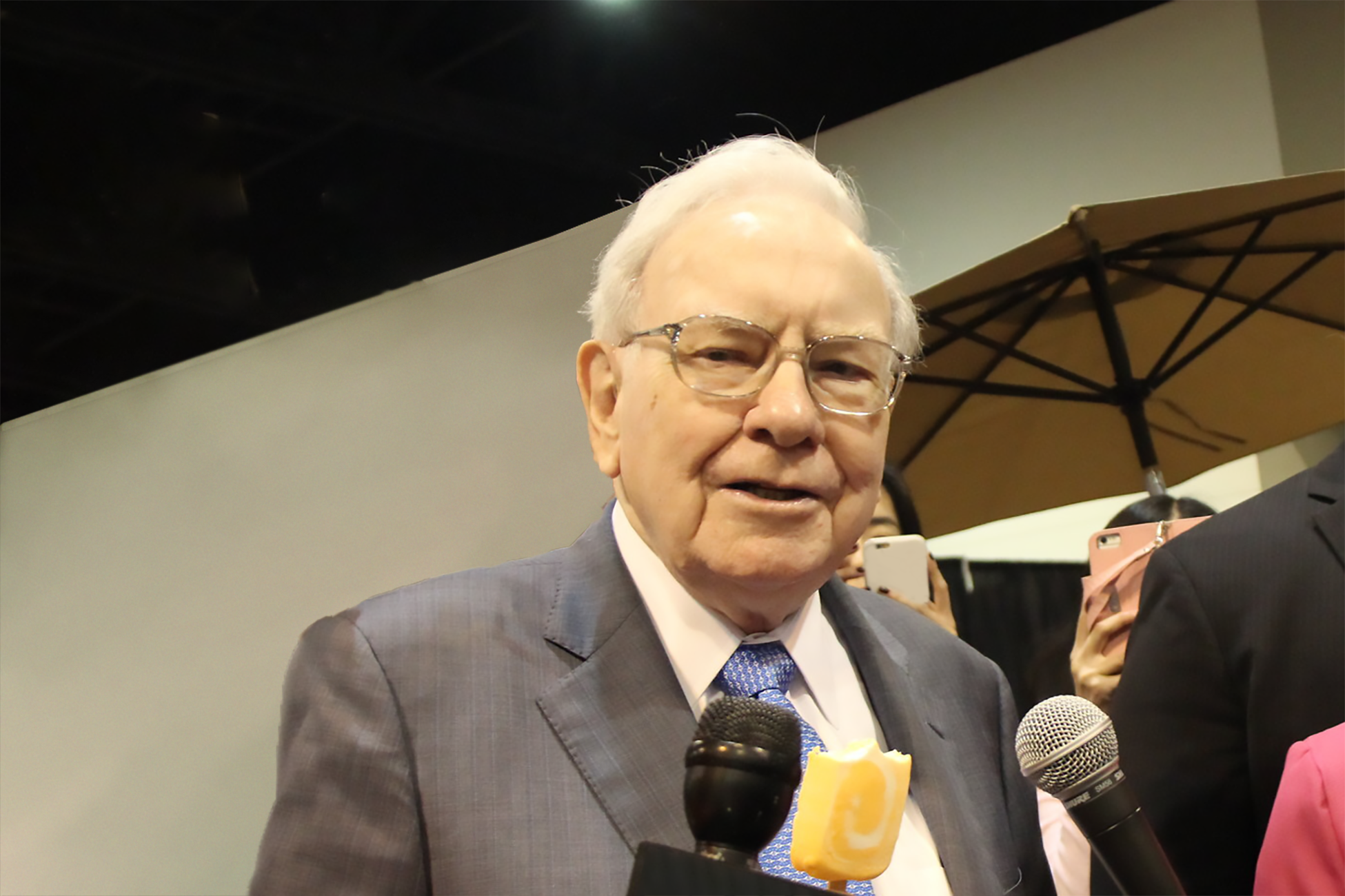Since taking the helm as President of Markel's (MKL 0.87%) asset management division in December 1990, noted value investor Tom Gayner has helped Markel shareholders multiply their money by more than 40-fold.
It should come as no surprise, then, that investors take note when the folks at Markel file their quarterly 13F-HR forms, where they must disclose exactly which stocks comprise the company's portfolio.
Let's look at some of the stocks Gayner purchased last quarter:
| Company | Shares Held | Shares Purchased in Q2 | Market Value (as of June 30, 2013) | % of Portfolio | % Change |
|---|---|---|---|---|---|
| Arch Coal (NYSE: ACI) | 396,000 | 340,000 | $1,497,000 | 0.05% | 607% |
| Liberty Media (LMCA +0.00%) | 85,000 | 43,000 | $10,775,000 | 0.39% | 102% |
| Amazon.com (AMZN +2.06%) | 10,800 | 5,300 | $2,999,000 | 0.11% | 96% |
| Google (GOOG 0.79%) | 9,300 | 4,300 | $8,187,000 | 0.29% | 86% |
| National-Oilwell Varco (NOV 0.49%) | 191,000 | 55,000 | $13,160,000 | 0.47% | 40% |
| The Blackstone Group (BX +0.00%) | 116,900 | 116,900 | $2,462,000 | 0.09% | New |
| Ross Stores (ROST +0.82%) | 18,000 | 18,000 | $1,167,000 | 0.04% | New |
| ONEOK (OKE 0.71%) | 70,000 | 70,000 | $2,892,000 | 0.10% | New |
| Synalloy (SYNL +0.00%) | 485,343 | 485,343 | $7,537,000 | 0.27% | New |
| Chevron (CVX +0.04%) | 43,000 | 43,000 | $5,089,000 | 0.18% | New |
Source: Markel SEC filings.
So what jumps out from this list right away?
Amazon and Google?
First, for a long-term value investor who's notoriously resistant to owning "hot" stocks -- at least stocks that didn't become "hot" until after he bought them -- it might come as a surprise knowing Gayner nearly doubled his stakes in both Amazon and Google last quarter.
Then again, it's hard to claim Google is overvalued, considering the tech behemoth is a cash-generating machine that dominates its core market in Web search. What's more, even at nearly $900 per share, Google stock is still only trading around 25 times trailing earnings and 17 times next year's estimates. Come to think of it, Google's industry dominance and reasonable share price are two reasons I suggested back in June that investors would be wise to buy shares of Google and hold them for at least two decades -- something with which the long-term-oriented Gayner apparently agrees.
But what about Amazon.com, which posted negative earnings last quarter to the tune of $0.02 per share? What's more, when the online retailer does manage to eke out a profit, its stock tends to boast a price-to-earnings ratio that looks more like an early vehicle odometer reading than anything else.
So is there any good reason Amazon should keep getting a pass from the otherwise fickle Mr. Market?
Curiously enough, in February I also identified Amazon as a stock I'd be willing to hold for the next half-century. Remember, as I wrote at the time, Amazon CEO Jeff Bezos "is a master of eloquently crafting investor expectations," and he remains relentlessly focused on building up his company while creating shareholder value over the long term. In fact, in his very first letter to shareholders in 1997, Bezos was entirely upfront when he stated: "When forced to choose between optimizing the appearance of our GAAP accounting and maximizing the present value of future cash flows, we'll take the cash flows."
Call me crazy, but I think it's more than telling when a generally conservative investor like Tom Gayner buys into that thesis, almost doubling Markel's stake even after a more than 16,000% rise since that letter was written.
Betting on big oil, coal, and John Malone
Of course, Gayner's buys weren't all technology-centric; he also more than doubled Markel's position in Liberty Media, through which company chairman John Malone not only holds a controlling stake in Sirius XM Radio, but also holds minority investments in Barnes & Noble, Time Warner, Viacom, and Sprint (to name a few).
Next, even though it's still relatively small, we can't ignore that Gayner grew his position in beaten-down coal producer Arch Coal by more than sixfold last quarter. For those of you keeping track, remember that SEC filings show Gayner opened his initial stake in Arch Coal in the fourth quarter of 2012, when the stock traded at a significant premium to its current levels. Apparently, though, Gayner still sees promise in the struggling company and likes it even better as it trades near 52-week-lows.
Finally, Gayner used Markel's portfolio to make big bets in the oil and natural gas space, opening a new 43,000-share position in Chevron, a new 70,000-share position in natural gas specialist ONEOK, and more than 435,000 shares of chemical specialist Synalloy (which also happens to process liquid natural gas and petroleum), and he increased his already large position in drilling company National Oilwell Varco by 40%, the last of which looks ridiculously cheap, trading at just 11.3 times next year's estimated earnings.
Foolish takeaway
Now, this doesn't mean you should follow suit and immediately buy every company in this list.
Why? Apart from knowing these were purchased in Q2, we can't tell exactly when Gayner bought, how much he paid, or his thought process behind buying these stocks to fit into Markel's enormous portfolio.
This does mean, however, that you should at the very least add these stocks to your watchlist, and then do some homework to determine whether they might be a good fit for your own portfolio. Remember, we do know Gayner approaches every investment he makes with a long-term perspective in mind, so it's safe to say he plans on holding these stocks for periods of years, not weeks or months.









